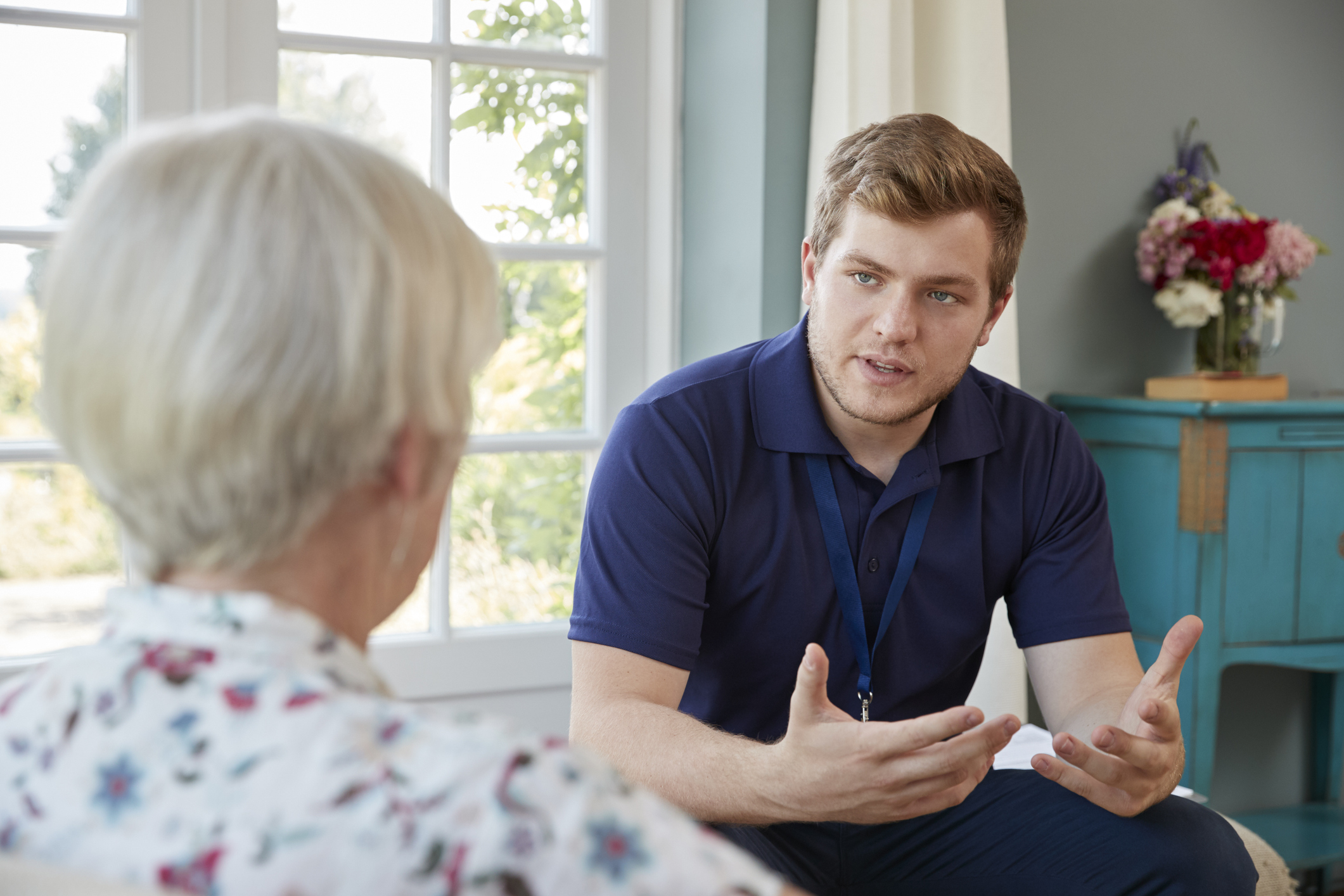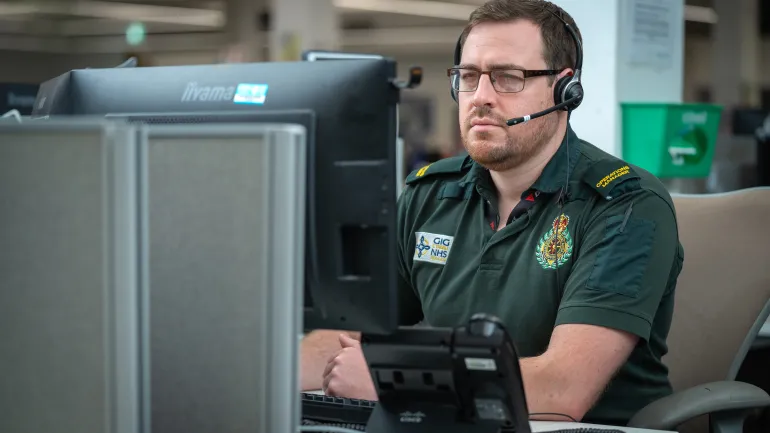The Welsh Ambulance Service has launched a new initiative in south Wales to deliver care closer to a patient’s home.

The Welsh Ambulance Service Trust has partnered with Aneurin Bevan University Health Board to introduce Advanced Paramedic Practitioners (APPs) in Blaenau Gwent to treat more people in the community and reduce unnecessary hospital admissions.
APPs are registered paramedics who have undertaken additional training and university study to provide enhanced care to patients, and some also have the ability to prescribe medications.
In Blaenau Gwent, APPs divide their time between 999 callers in the community and patients in the primary care setting as part of a project also developed to bolster the capacity of GP surgeries.
Hannah Lowther, Professional Development Lead for Advanced Practice at the Welsh Ambulance Service, said:
“APPs are just one way we’re working hard to deliver the right care or advice, in the right place, every time. In Blaenau Gwent, four APPs are supporting 10 GP surgeries with a population of 72,445 across the borough by undertaking home visits for patients who may require hospital admission, but with a rapid review could access the Community Resource Team.
This early intervention by APPs can avoid unnecessary hospital admissions and when it is clinically safe, help keep people in their homes, which is often where many of our patients prefer to be. This new rotational arrangement is designed to do just that, and we are delighted that even more patients in Wales get to benefit from the skills of our APPs.”
Among the new cohort is Rob Horton, who studied Paramedic Science at Swansea University, and who qualified as an APP in July. The 29-year-old said:
“What I enjoy about the APP role is that I have the best of both worlds. I spend half my time responding solo to 999 calls for Welsh Ambulance Service, and the other half as part of a much broader multi-disciplinary team primary care.
In both scenarios, I have the ability to make autonomous decisions, but I also know there’s a GP next door or on the end of the phone if I need a sounding board. We’ve developed a great professional relationship because ultimately, we’re striving for the same goal, which is to deliver high-quality and timely care, as close to home as possible.”
Data shows that around 70% fewer people need to be taken to hospital when responded to by an APP, compared to a traditional ambulance crews.
Dr James Calvert, Medical Director at Aneurin Bevan University Health Board, said:
“This innovative collaboration with the Welsh Ambulance Service is a great example of how we are working together to ensure that patients receive timely, high-quality care closer to home whilst at the same time easing the pressure on our hospitals to ensure beds are available to patients who need them most.
This new approach in Blaenau Gwent prioritises the wellbeing of patients, allowing us to keep people safely in their own homes whenever possible.”
More than 100 APPs now operate across Wales, including in the ambulance control room, where they care for patients remotely over the telephone, helping to organise the most appropriate help based on their needs.
Andy Swinburn, Executive Director of Paramedicine at the Welsh Ambulance Service, said:
“The breadth and depth of work undertaken by paramedics is evolving at pace, and the APP role in particular allows paramedics to work across the entire health and care system rather than being restricted to traditional ambulance crew roles.
We are grateful to commissioners, Welsh Government and Health Education and Improvement Wales for their support to grow our APP numbers, and look forward to building upon that success in the future.”
For more information, please email Welsh Ambulance Services University NHS Trust's Head of Communications on Lois.Hough@wales.nhs.uk.

